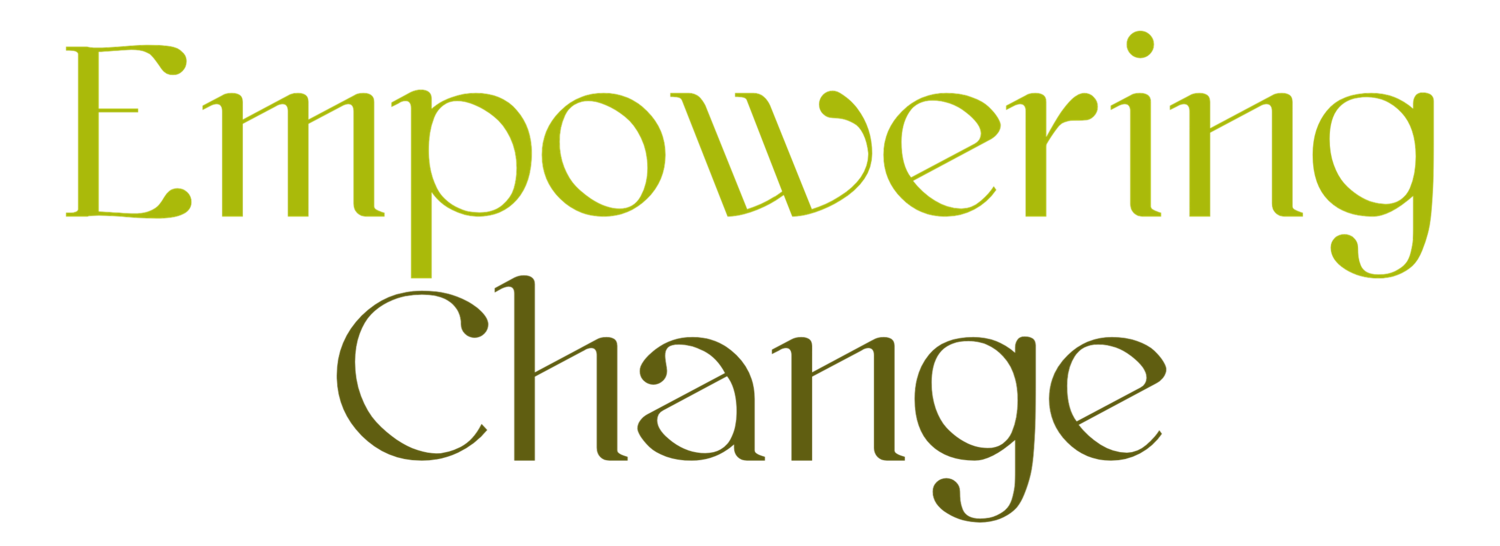Composing a Life
"But Eve, I'm not an artist."
Many conversations begin that way when I introduce the tools of my practice in which I support people in transition.
I share a large toolbox with many coaches: Life pies, personality type indicators, skills indicators, habit or mood tracking charts, personal inventories, vision boards, mission statements, etc.
I use them, but I lead with the bedrock tools of 'discovering and recovering creativity' introduced by Julia Cameron three decades ago.
That meets with considerable resistance because the book in which she introduced them is called The Artist's Way.
"Write (or teach) what you know"
And I do.
I know that I am not an artist in the traditional sense,
I know that I have been 'composing a life' for nearly three score and ten whateveryears,
I know that I have had to learn to embrace the medial space between the way my life was last year and the way it will be next year, and
I know THAT skill did not come easily.
What I surely know is that whatever my final composition will look like, it will have been unique, expansive, and good enough.
It will be a personal masterpiece, important, even if only to those whose lives I touched.
In whatever way you imagine the composition of your life, as a work of art - a symphony - a collage - an album - a novel, or a sculpture, in any form - it is unique. You will have created something where nothing was before.
Let's face it, in that process we are all creatives - we are all artists of one sort or another.
So in addition to the toolbox outlined above - I do subscribe to a practice of daily writing called #MorningPages, a weekly play-date known as an #ArtistDate, a discipline of #Walking and #TimeOuts - plus - for the last four years - I’ve paid close attention to a recently introduced tool called a #Memoir.
Trust that my unknown ‘space in between' can be made safe - is grounded in these tools. They serve to reinforce a reliable sense of safety when mood or circumstances challenge my equanimity.
Composing a Life is taken from the title of anthropologist Mary Catherine Bateson’s “…fascinating framework for her inquiry into the creative potential of complex lives, where energies are not narrowly focused toward a single ambition but rather are continually refocused and redefined.”
The book cover summary goes on to conclude that “Bateson’s life-affirming conclusion is that life is an improvisational art form and that the interruptions, conflicted priorities and exigencies that are a part of all our lives can and should be seen as a source of wisdom.
Important and empowering, Composing a Life will change lives.”
That last phrase is not hyperbole, it can and did change mine.
